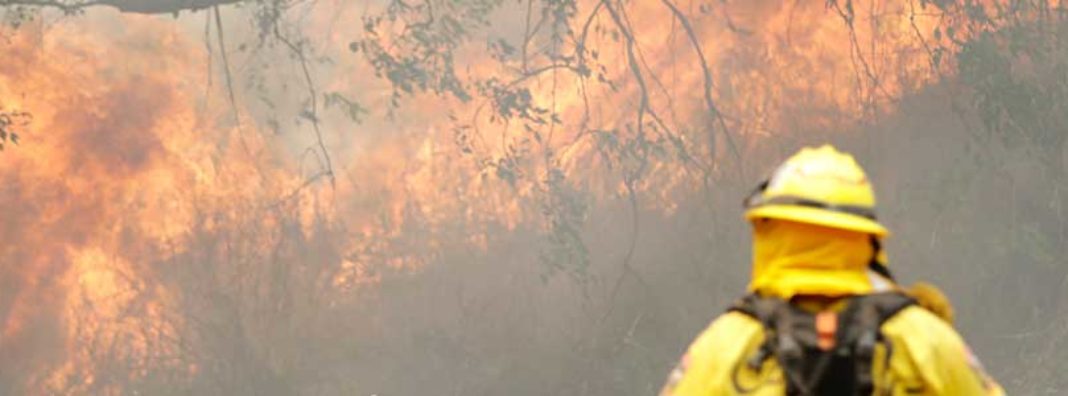
AP Photo/Marcio Jose Sanchez
The West is burning more this summer than ever before. Across California alone, there are three separate record-breaking fires burning. Across the rest of the country, almost 100 more fires are burning. These fires come with a hefty price tag for U.S. taxpayers. The Forest Service currently has a $196 million budget for fire suppression but may be given another $555 million. Many states, like Utah, are struggling to cover their own firefighting bills.
Media coverage of the wildfire season too often places the blame on a single problem, typically climate change, past suppression and subsequent fuel backlog, or a lack of logging and forest clearing. This, however, misses the point. It’s not just bad forestry policy, and it’s not just climate change, but both make wildfires worse.
Yellowstone’s Summer of Fire in 1988, for example, raged for so long in part because policies that suppressed fires left the area with overgrown forests and too much fuel. Although the U.S. Forest Service has largely abandoned its rush to suppress any and all fires, fuel backlogs still exist and are drier because of rising temperatures and erratic weather patterns.
The many wildfires burning across the country show just how our responses need to be multi-pronged. Forest ecologists and managers are already good at this to a large degree, but political constraints sometimes mean they are drawn toward less-effective firefighting methods. For example, it’s sometimes easier for a fire manager to receive funds to fight ongoing fires than it is to get funds for preventive measures. This means not enough is invested before fires start to cut off the need to spend much greater amounts fighting larger fires.
In the short-term, logging and building firebreaks may interfere with natural forest growth but could prevent fires from destroying homes or power lines. Some fires must be put out to protect human life, but others can be left burning to clear room for new growth. In the long term, warming trends across many climates present a thornier problem, but one that wildfires are only a small part of.
Long-term concerns surrounding climate change, however, don’t preclude improvements to existing policies. Logging, controlled burns, thinning, making houses more fire resistant, improving fire awareness, allowing natural fires to burn out their course in some areas, and other methods may help soften the impacts of climate change.
There’s also an undeniable human element to many fires. A new study by wildfire experts shows that 84 percent of fires in the United States are started by humans. As the authors of the study note, climate change has dried out much of the West, meaning that fireworks on holidays like the Fourth of July are more likely to start fires. We could all take heed of Smokey Bear and be a little more careful with our campfires and sparklers.
Improving wildfire policy and prevention could also rein in current spending. Annual federal expenses on fire suppression have totaled over $1 billion for most of the past two decades, and 2018 will be no different. The latest report by the National Interagency Fire Center points out that August is the peak firefighting month. With any luck, this fire season will quickly end after August, leaving cleaner air and fewer fires. But, there’s still much to be done during the offseason to make 2018 the last year that more than a billion dollars is spent fighting fires. Policymakers should examine all their options.
Giving fire managers more authority and resources to prevent fires, incentivizing homeowners to change how homes in fire-prone areas are designed, and even logging or controlled burns are each promising options, but not if used alone. Of course, simply taking more care in using fireworks, lawn mowers and ATVs can help as well. As climate change worsens, wildfire season will too. After 15 years of increased acres burned and dollars spent, we can’t rely on one-size-fits-all approaches anymore.



 Deseret News
Deseret News